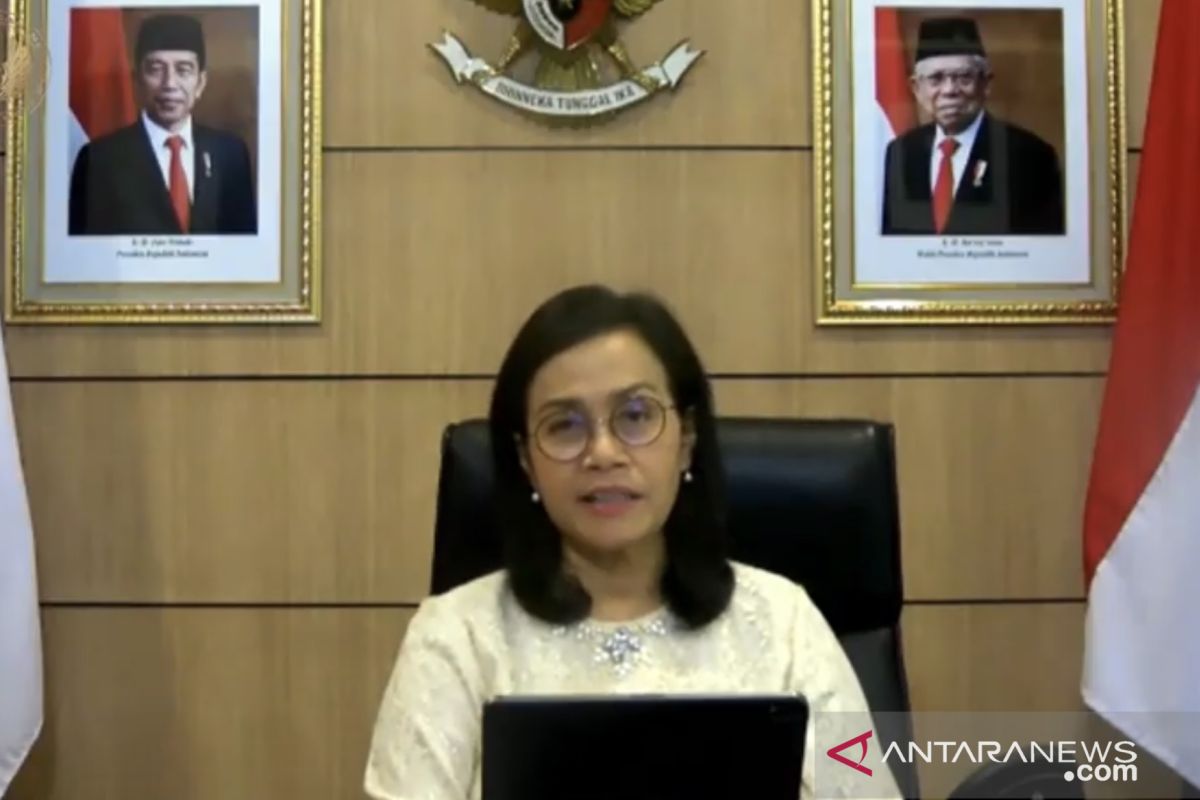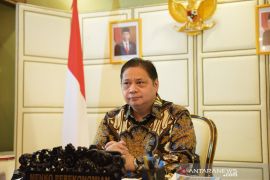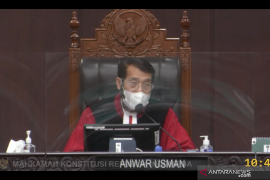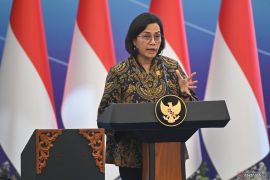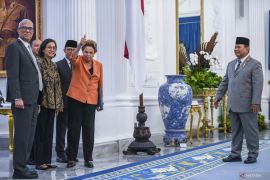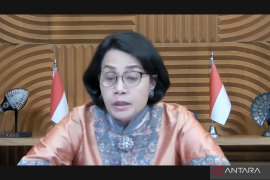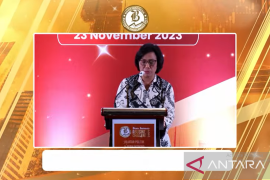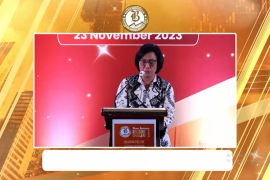"They support and see a ray of hope for Indonesia to continue to recover and strengthen its economy in a sustainable manner without relying solely on fiscal policy and monetary support," the minister noted in an online press conference here on Monday.
On October 8, Moody's viewed that the Job Creation Law would be able to attract investment for Indonesia's economic growth in the long term.
According to Moody’s assessment, the policy of reducing tax rates in the taxation cluster can have an impact on fiscal consolidation and prioritize relaxation standards and environmental reporting.
On October 7, the Asian Development Bank (ADB) stated that the new law will boost economic prospects, investment, and quality employment, thereby facilitating job creation and Indonesia’s economic recovery.
ADB remains committed to supporting recovery from the pandemic and enhancing medium-term economic prospects and supporting the creation of a more equitable labor market while addressing environmental concerns.
Moreover, on October 14, Fitch Ratings stated that this law will bring about a real change since it has a positive impact on reforms to improve the business climate and will significantly determine the impact of potential long-term growth.
Meanwhile, on October 16, the World Bank assessed that this law will signal Indonesia’s openness to business to attract investors and create jobs while concurrently fighting poverty.
Furthermore, the World Bank viewed that the Law on Job Creation supports economic recovery and long-term growth, for which it will commit to working together in bringing about this reform.
Indrawati stated that formation of the law is the government's endeavor to boost the Indonesian economy impacted by the COVID-19 pandemic without going through the fiscal and monetary instruments.
"It should not only be two instruments, but we must continue to apply structural policies to drive the engine of economic growth and create job opportunities," she affirmed.
Through the Job Creation Law, the government dons a critical role in policies in structural fields, including investment, trade, labor productivity, improvement of human resources, and innovation and technology, she noted.
"We are optimistic that the spirit of improving Indonesia's economic conditions through this structural policy would be in line with the aspirations to continue to boost productivity and welfare of our society," she said.
Related news: Omnibus law will encourage entrepreneurship among youth: BKPM
Related news: Job Creation Law supports economic recovery in Indonesia: World Bank
Translator: Astrid FH, Fardah
Editor: Rahmad Nasution
Copyright © ANTARA 2020
